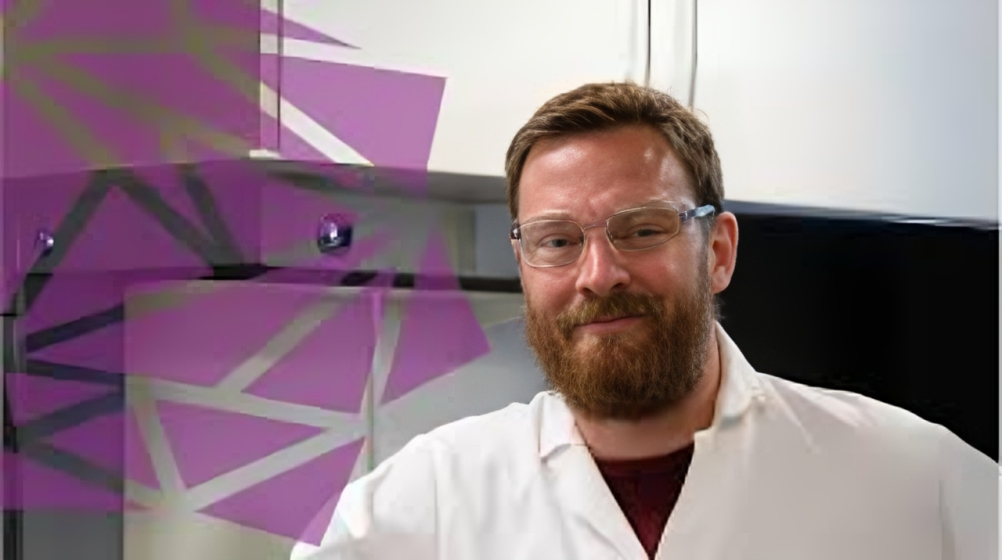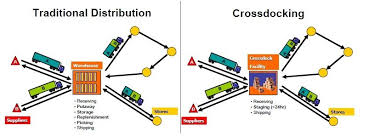Erwin Reisner is a name synonymous with innovation in the field of renewable energy and sustainable chemistry. As a distinguished scholar and leader in artificial photosynthesis and solar-driven fuel synthesis, his research bridges the gap between scientific exploration and real-world applications. This article delves into Reisner’s groundbreaking work, its significance in combating climate change, and the impact it has on the future of sustainable energy solutions.
Who is Erwin Reisner?
Erwin Reisner is a renowned professor and head of the Reisner Lab at the University of Cambridge. With a strong background in chemistry and an unwavering commitment to sustainability, Reisner has devoted his career to solving some of the world’s most pressing energy challenges. His expertise lies in artificial photosynthesis, a cutting-edge field that mimics nature’s process to convert sunlight into usable energy.
Educational Background and Career Path
Erwin Reisner’s journey into the realm of sustainable chemistry began with his studies in chemistry, followed by advanced research in catalysis and energy systems. After earning his PhD, he pursued postdoctoral research, focusing on energy conversion processes. His academic career flourished at the University of Cambridge, where he established the Reisner Lab, a hub for innovation in solar energy.
Key Contributions to Renewable Energy
Erwin Reisner’s contributions are monumental in advancing renewable energy technologies.
1. Artificial Photosynthesis
Reisner has pioneered methods to replicate photosynthesis, the natural process by which plants convert sunlight into chemical energy. By using catalysts and photoactive materials, his work has enabled the production of clean fuels like hydrogen, offering a sustainable alternative to fossil fuels.
2. Solar-Driven Water Splitting
Water splitting is a process that generates hydrogen and oxygen using sunlight. Reisner’s team has developed innovative systems to enhance the efficiency of this process, making hydrogen production more viable on a large scale.
3. Carbon Dioxide Reduction
Addressing climate change requires reducing atmospheric CO₂ levels. Reisner’s research has focused on transforming CO₂ into valuable chemicals and fuels, effectively turning a greenhouse gas into a resource.
The Reisner Lab: A Hub of Innovation
The Reisner Lab, under Erwin Reisner’s leadership, is at the forefront of renewable energy research.
Interdisciplinary Approach: The lab brings together chemists, engineers, and material scientists to tackle complex energy problems.
Advanced Materials: Developing catalysts and materials for more efficient energy conversion is a key focus.
Global Collaboration: Partnering with institutions worldwide, the lab aims to accelerate progress in sustainable energy.
Awards and Recognitions
Erwin Reisner’s impactful work has earned him numerous accolades:
- Royal Society of Chemistry Award: Recognizing his contributions to sustainable chemistry.
- Energy and Environment Prize: For his innovative approaches to renewable energy.
- Named Lectures: Invited to speak at prestigious universities and conferences worldwide.
These achievements reflect his role as a global leader in the fight against climate change.
How Erwin Reisner’s Research Impacts the World
Reisner’s work has implications that extend far beyond academia.
1. Environmental Benefits
By advancing clean energy technologies, Reisner contributes to reducing carbon emissions and promoting a sustainable future.
2. Energy Accessibility
His innovations in solar-driven fuel production can make renewable energy more affordable and accessible globally.
3. Industrial Applications
From green hydrogen to carbon recycling, Reisner’s discoveries have potential uses in industries ranging from transportation to manufacturing.
Challenges in Renewable Energy Research
While Erwin Reisner’s research has achieved significant milestones, challenges remain:
- Scalability: Developing technologies that can be implemented on a global scale.
- Cost-Effectiveness: Ensuring that clean energy solutions are financially viable.
- Integration: Seamlessly integrating new energy systems into existing infrastructures.
Despite these hurdles, Reisner’s innovative spirit continues to push boundaries.
The Future of Sustainable Chemistry
Erwin Reisner’s vision for sustainable chemistry revolves around creating a circular economy, where waste is minimized, and resources are continuously recycled. By focusing on solar energy, water splitting, and carbon utilization, his research aligns with global goals for achieving net-zero emissions.
FAQs
What is Erwin Reisner known for?
Erwin Reisner is renowned for his work in artificial photosynthesis, renewable energy, and sustainable chemistry.
How does artificial photosynthesis work?
Artificial photosynthesis mimics the natural process of photosynthesis, using sunlight, water, and carbon dioxide to produce clean energy and fuels.
What is the Reisner Lab?
The Reisner Lab at the University of Cambridge focuses on innovative solutions for solar energy and sustainable chemistry.
What are the practical applications of Reisner’s research?
His work has applications in producing green hydrogen, recycling carbon dioxide, and developing renewable energy systems.
Why is Erwin Reisner’s work important?
Reisner’s research addresses critical challenges like climate change, energy security, and sustainability, paving the way for a greener future.
What are the main challenges in artificial photosynthesis?
Challenges include improving efficiency, reducing costs, and scaling up the technology for commercial use.
Conclusion
Erwin Reisner’s groundbreaking contributions to renewable energy and sustainable chemistry underscore the importance of scientific innovation in addressing global challenges. His work not only provides solutions to pressing energy issues but also inspires a new generation of scientists to pursue sustainable practices.
As the world grapples with the impacts of climate change, scholars like Erwin Reisner are lighting the path forward. With continued dedication to research and collaboration, his efforts hold the promise of a cleaner, more sustainable future for all.











